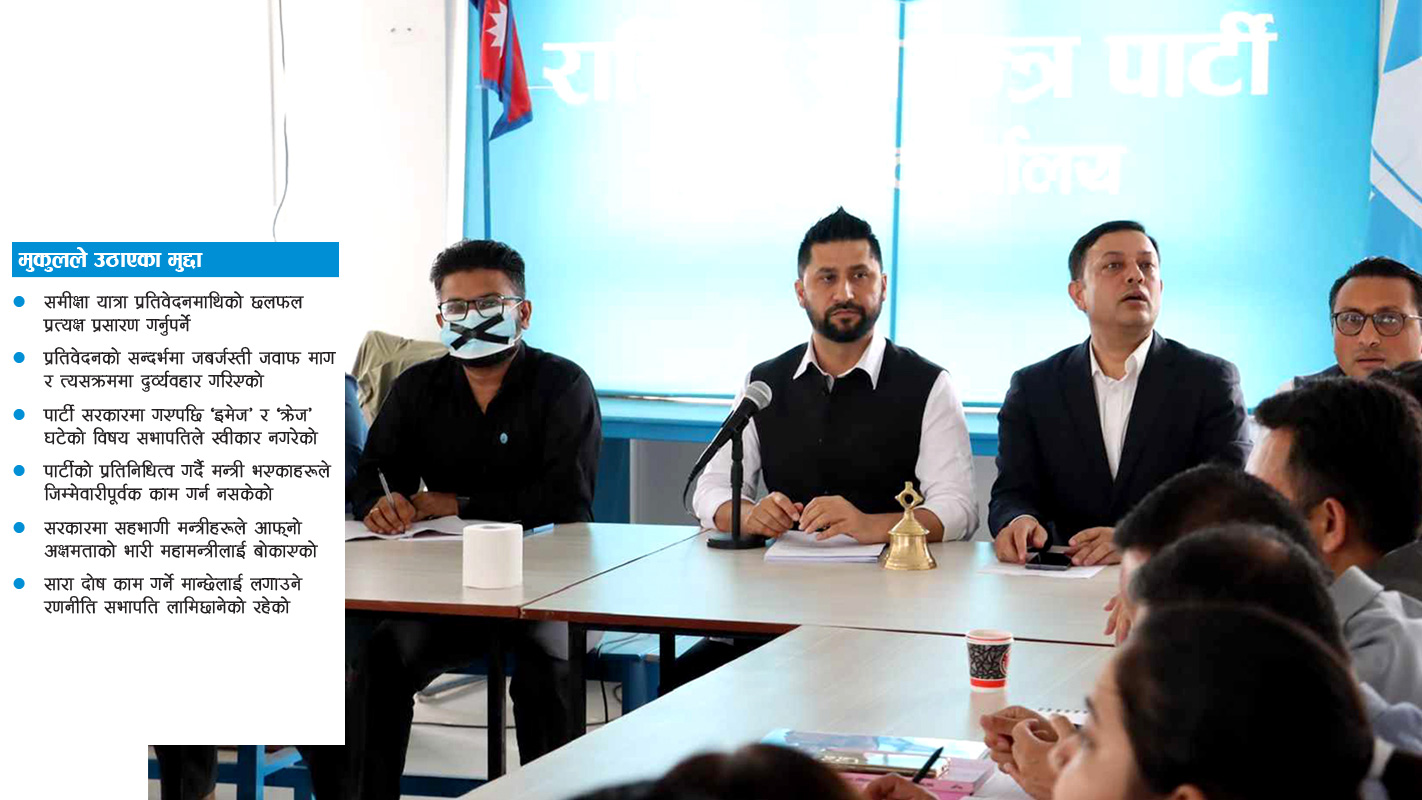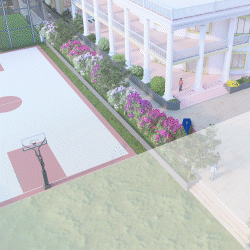bat no. A great officer of 38
We use Google Cloud Translation Services. Google requires we provide the following disclaimer relating to use of this service:
This service may contain translations powered by Google. Google disclaims all warranties related to the translations, expressed or implied, including any warranties of accuracy, reliability, and any implied warranties of merchantability, fitness for a particular purpose, and noninfringement.


Vikram Panthi is the youngest revenue officer of Nepal Government Officer 'BAT-38' (Basic Administration Training). He is currently in the last phase of 6 months of training after being appointed by the Ministry of Federal Affairs and General Administration on February 2, 2080. In the company of friends from all over the country, he is gaining confidence from the learning model of Nepal Administrative Training Institute (Staff College). He says that he is excited for the work to be done at the workplace, looking forward to serving the customers in the coming days.



In 2080 Baisakh, Panthi, who was recommended for the post of buyer at the Federal Parliament Secretariat, Singhdarbar, has decided to travel to the office within a short period of time. While holding the position of buyer in the Parliament for 9 months, he succeeded in making his name as a revenue officer. In the same year, he succeeded in getting named as the buyer of the Federal Parliament Secretariat, the fifth level and the revenue officer in Lumbini province.
selling vegetables reading
25-year-old Panthi was born in Madane Rural Municipality-7 Bhanbane of Gulmi. He is the youngest son among four children in the family. Father Deepnarayan, who came to India for work, and mother Kamala, active in agriculture, completed their children's education up to the secondary level. After staying in India for a long time, my father returned in 1968. After that, Panthi's father used to carry the potatoes, fruit, chillies, cauliflower, amba grown in the fields for his children's education and went uphill to Hadhadeh, a village about 3 kilometers from home, and sold vegetables from house to house.
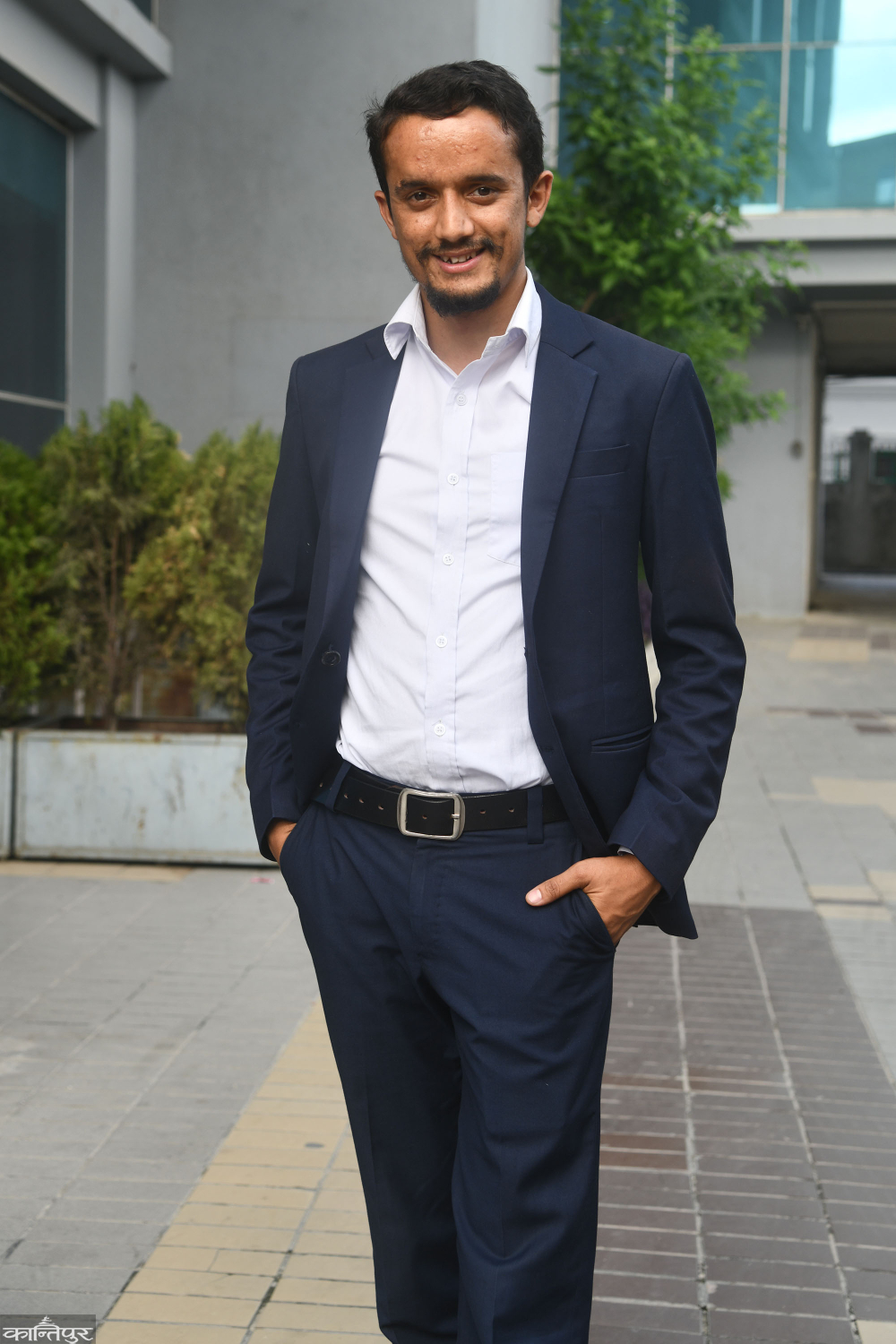 Photos : Deepak KC/Kantipur
Photos : Deepak KC/Kantipur
When he was studying in class 10, Vikram along with his father used to go door to door in the village of Hadhade and sell vegetables. But at that time, it was very rude for him to go door to door and sell vegetables. In the village, selling vegetables at the doko was looked down upon. "It used to make me sad to hear that so-and-so's father would carry vegetables to the door and go door-to-door and sell them in the village," he says, recalling his childhood, "My father still sells vegetables, but now I am proud to see his entrepreneurship."
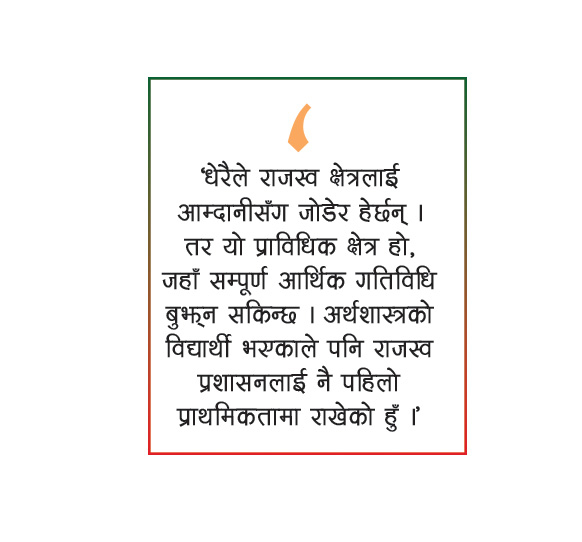
He says that his father took and sold up to 50,000 potatoes in winter alone. Although the financial situation of the family was normal, his father always encouraged him to study. Panthi studied from the local Shree Deepak Secondary School up to SLC. His studies were normal till seventh grade. In the
school, prizes were arranged for the first and second students. He was disappointed when his friends got the award. He took a vow to improve his studies since the eighth grade and worked very hard to improve his studies. "Perhaps my studies would not have improved if it was not for the excitement of the award. I worked hard in my studies for the award," he said. After getting about 70 percent in SLC and registering himself as an excellent student, his rise never came down.
Vattritvkala's 'celebrities'
From school level, Unni was true to the arts. Along with this, he also started participating in ghazal and poetry competitions. In addition to this, he began to look different from other students who recited Sanskrit verses in a rhythmic way. In addition to speaking clearly, there was also socio-political interest. He said, "I was interested in politics even from school, because I was connected to rhetoric and literature, I would have been a leader in social activities."
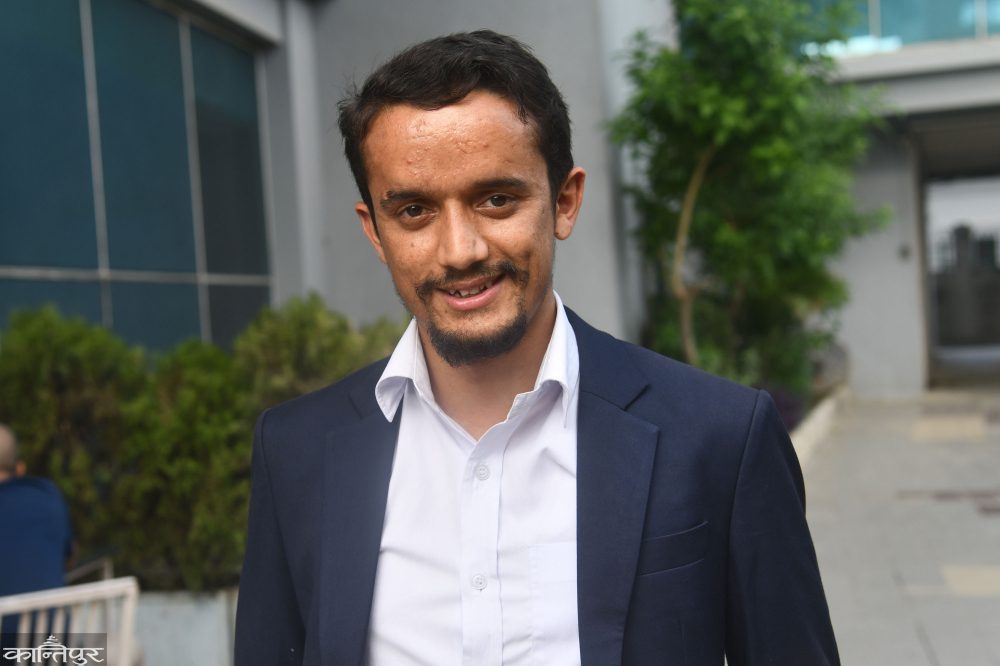 was the hoothooty to advance in politics. Even now, he says, 'The only goal of my life is to work as a representative of the country. But even though he became an administrator due to time and compulsion, his desire to serve the people was fulfilled.'' He has won many awards. He has the experience of presenting speeches, poems, ghazals and rhetoric on more than 100 stages.
was the hoothooty to advance in politics. Even now, he says, 'The only goal of my life is to work as a representative of the country. But even though he became an administrator due to time and compulsion, his desire to serve the people was fulfilled.'' He has won many awards. He has the experience of presenting speeches, poems, ghazals and rhetoric on more than 100 stages.
In 2076, he won the first place in the nationwide oratorical competition on 'corruption control and promotion of good governance' held by the Abuse of Authority Investigation Commission. Received a certificate of appreciation with 25,000 cash from the then Prime Minister KP Sharma Oli. "I felt it was a great success to be the first to receive an award from the Prime Minister at that time," he says.
He was studying The 'trend' of carrying mobile phones had already entered the village. Everyone used to take photos with mobile phones. He had to take pictures of his performance in Vattritvkala, ghazal program. But how to buy? He thought that he would earn money if he went to India and went to India. Along with the desire to carry a mobile phone, he also wanted to see the city of Malot in the state of Punjab where his father worked. After reaching there, his role was different. From
hotels to party palaces, he started working as a waiter. "Whenever there was a party or an event, the contractor would take over and hire us," he said. At that time he used to earn 300 per day. Later he started cleaning the dishes and slowly started making 'vargar', chowmein. "During the summer of Punjab, washing dishes made me feel inferior," he says. Public service looking for
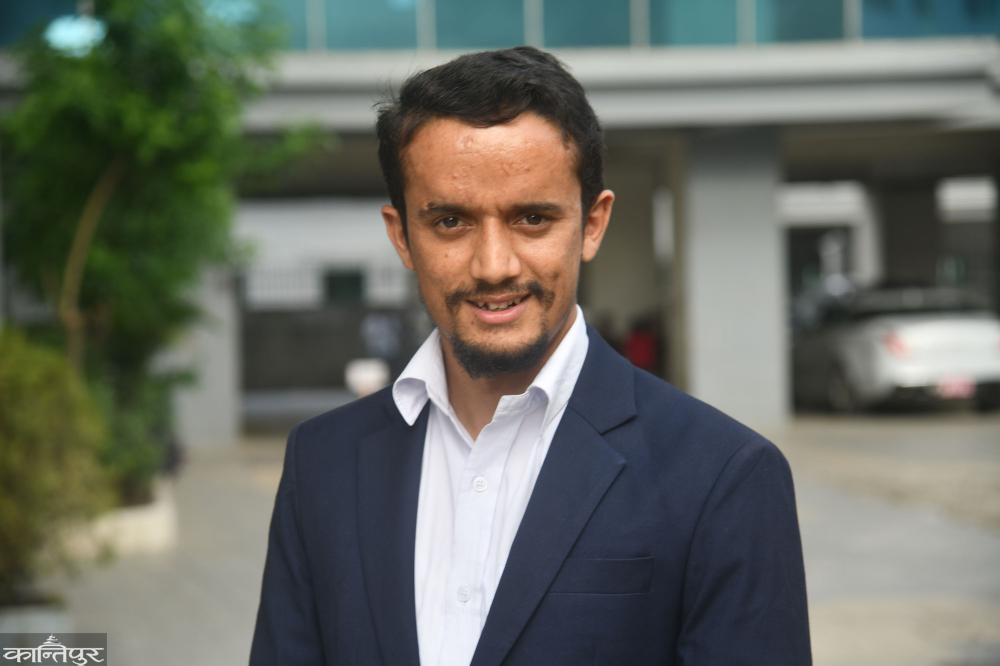 options
options
He studied mathematics, economics and political science in the faculty of humanities till class 12. He chose economics and political science in graduation. He topped the college in graduation. In the last year of the college, he was also awarded the 'Narayanidevi Pandey' Discipline Award. When he was studying in class 12, he used to go to Butwal on the pretext of filling a form for public service. But the mind was not drawn to public service. During his graduation, he wanted to become a leader.
But when he came to Kathmandu after completing his graduation, he went to take public service class for some time. Even then he was not very interested in taking the civil services exam. Keeping public service in mind, he thought of pursuing a master's degree in economics at Tribhuvan University. But weak in English, it was not easy for him to read. Before that he always sat on the front bench in the classroom, he started sitting at the back. "I was a good student in studies, but I felt that I was behind because I didn't know English," he said.
He says that he had to leave his job as a ``library'' in a private school in Kathmandu within a day because of his poor English. After that, his public service journey started after the 'Covid' epidemic. Staying in Kirtipur also seems to have inspired him to study public service. He says that he decided to study public service especially after 'seeing no other option'. "I didn't have a family background to do business, I never wanted to go abroad," he said.
public service success
He was interested in politics and used to observe society closely. This broadened his thinking. Moreover, when his friends started getting success in public service, he was also in a hurry. Then worked a little harder. He was not limited to book knowledge only. He started to increase his knowledge on current affairs by reading daily newspapers. Started using social media and less meeting friends. He joined the public service class. He started collecting expenses from home and focused on preparations.
Government institute, civil service, provincial and local service, took many exams, but the name did not come out anywhere. It was soon realized that one cannot make a name for oneself in public service with a little hard work. "In order to study public service, one has to control the restlessness of the mind and be able to continue," is his experience. This process continued for three years. The year 2080 became a year of success for him. He entered the government job after being recommended as number 3 in the procurement process at the Federal Parliament Secretariat in Singhdarbar.
 presented clearly and truthfully, he kept raising questions about the effectiveness of the parliamentary service in the Secretariat. He said, "I had a clear opinion about making the parliamentary service effective and the service facilities of the employees." Therefore, he used to ask real questions and tease everyone including the President, Speaker, General Secretary and Secretary of the National Assembly in every program. After that, the name came out at the fifth level in Lumbini province, but did not give an interview.
presented clearly and truthfully, he kept raising questions about the effectiveness of the parliamentary service in the Secretariat. He said, "I had a clear opinion about making the parliamentary service effective and the service facilities of the employees." Therefore, he used to ask real questions and tease everyone including the President, Speaker, General Secretary and Secretary of the National Assembly in every program. After that, the name came out at the fifth level in Lumbini province, but did not give an interview.
Less than 9 months after entering the Parliament Secretariat, he started his journey as an officer. "If you have high expectations of success in the public service exam, you may feel sad when you fail." He suggests that you should be aware that you may fail as it is a competitive exam. He says that he also succeeded in the third attempt. He was recommended at number 9 in the competition for 33 seats on the revenue side. Many see the revenue sector as linked with income. But more than that, it is a technical field, where the entire economic activity can be understood.''
 प्रकाशित : असार १७, २०८१ १०:१७
प्रकाशित : असार १७, २०८१ १०:१७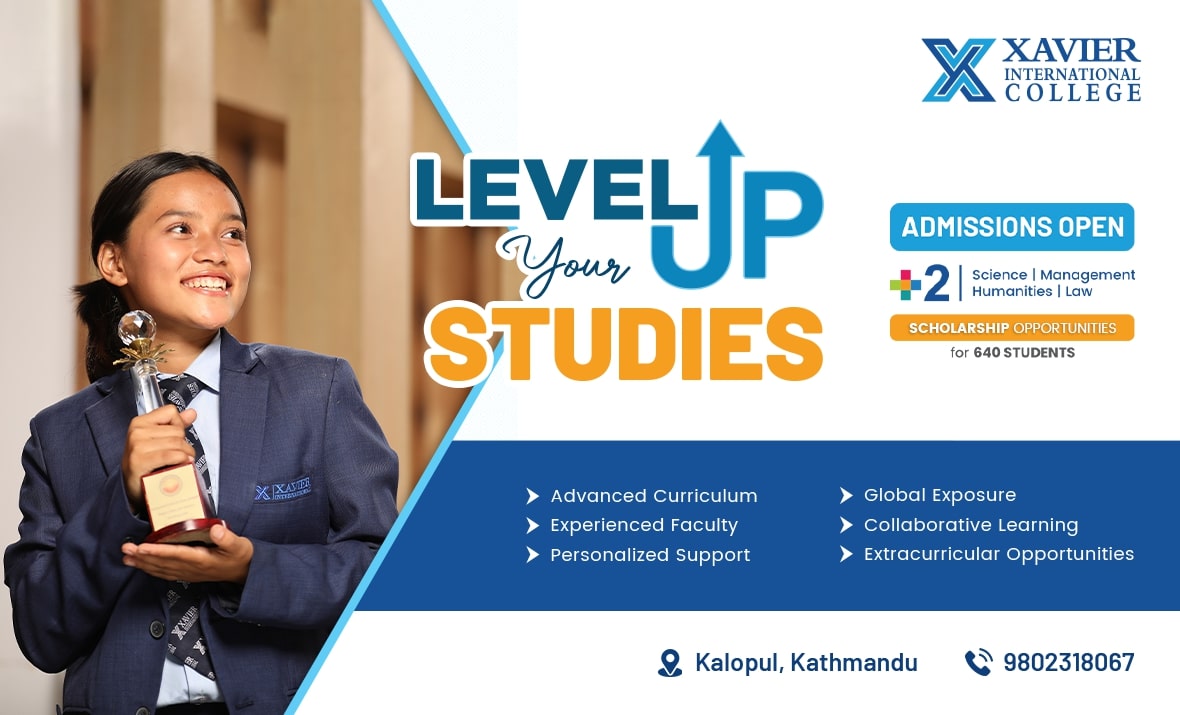

 २७.१२°C काठमाडौं
२७.१२°C काठमाडौं











